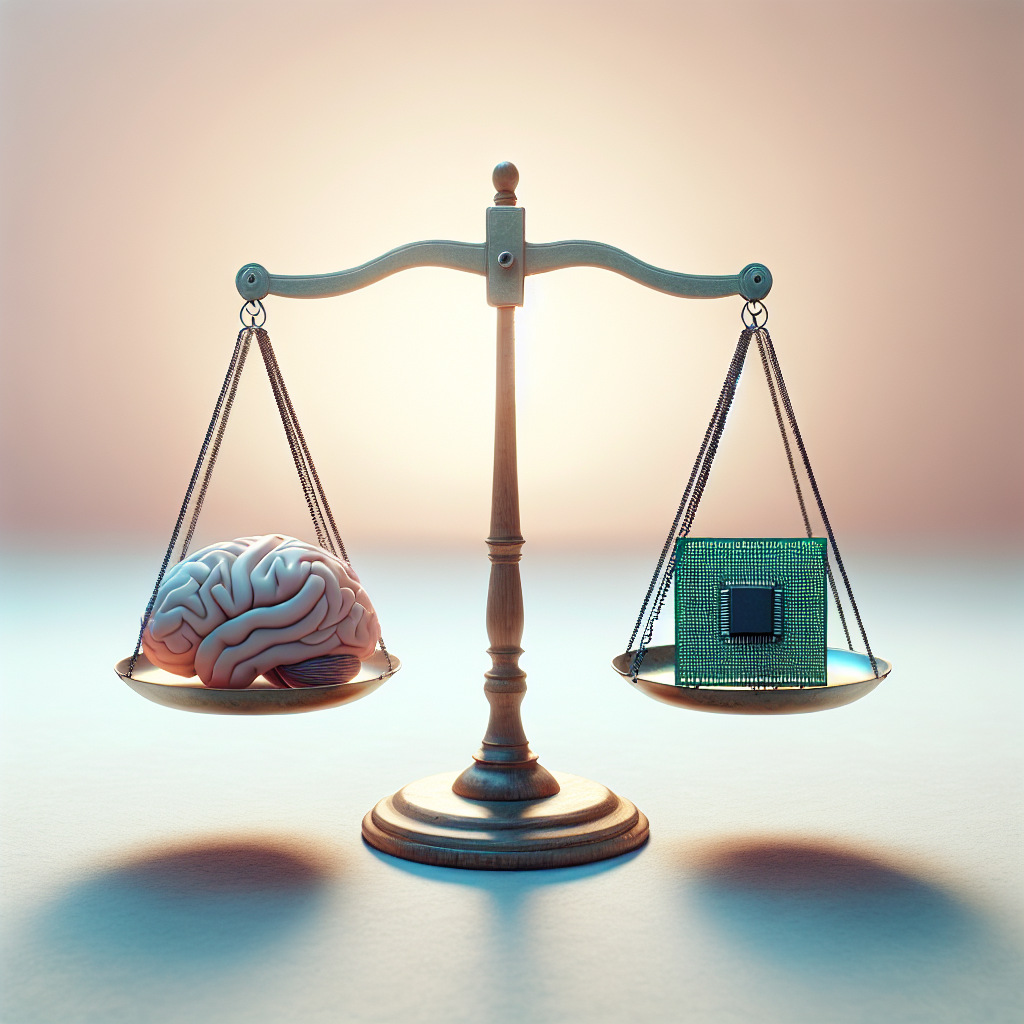The Ethics of AI: Navigating the Moral Dilemmas of Artificial Intelligence
Introduction
Artificial Intelligence (AI) has become an integral part of our lives, revolutionizing various industries and transforming the way we live and work. From chatbots and virtual assistants to autonomous vehicles and facial recognition systems, AI has made significant advancements with the potential for even greater achievements in the future. However, along with its remarkable capabilities, AI also brings forth a unique set of ethical challenges and moral dilemmas.
The Moral Dilemmas of AI
As AI continues to evolve, it is necessary to navigate the complex ethical considerations and moral dilemmas associated with its development and deployment. Here are some of the key issues:
- Privacy and Data Security: The massive amounts of data collected and used by AI systems raise concerns about privacy and data security. There is a need to ensure that individuals’ personal information is protected and used responsibly.
- Bias and Discrimination: AI algorithms are designed based on existing data, which can inadvertently perpetuate biases and discrimination. It is crucial to address this issue and develop AI systems that are fair and unbiased.
- Transparency and Accountability: AI systems often operate as black boxes, making it challenging to understand their decision-making processes. It is essential to ensure transparency and accountability in AI systems to avoid potential unjust outcomes.
- Job Displacement: The advancement of AI technology has the potential to disrupt various industries, leading to job displacement and loss of livelihood for many. Steps must be taken to mitigate the impact and ensure a just transition for affected workers.
- Autonomous Weapons: The development of AI-powered autonomous weapons raises significant ethical concerns. There is a need for stringent regulation and international agreements to prevent the misuse of AI technology in warfare.
The Role of Ethical Frameworks
To address these moral dilemmas, ethical frameworks are essential. These frameworks help inform the development, deployment, and regulation of AI systems. They provide guidelines for responsible AI development, addressing issues such as fairness, transparency, accountability, and human values.
The Need for Collaboration
Addressing the ethical concerns of AI requires collaboration amongst various stakeholders, including researchers, policymakers, industry experts, and ethicists. It is crucial to have interdisciplinary discussions and debates to shape the ethical foundations of AI and guide its future trajectory.
Conclusion
AI has tremendous potential for positive impact, but we must proactively address the ethical challenges it presents. By navigating the moral dilemmas associated with AI, we can ensure that this revolutionary technology is developed and used in a way that is beneficial and aligns with our shared human values.

